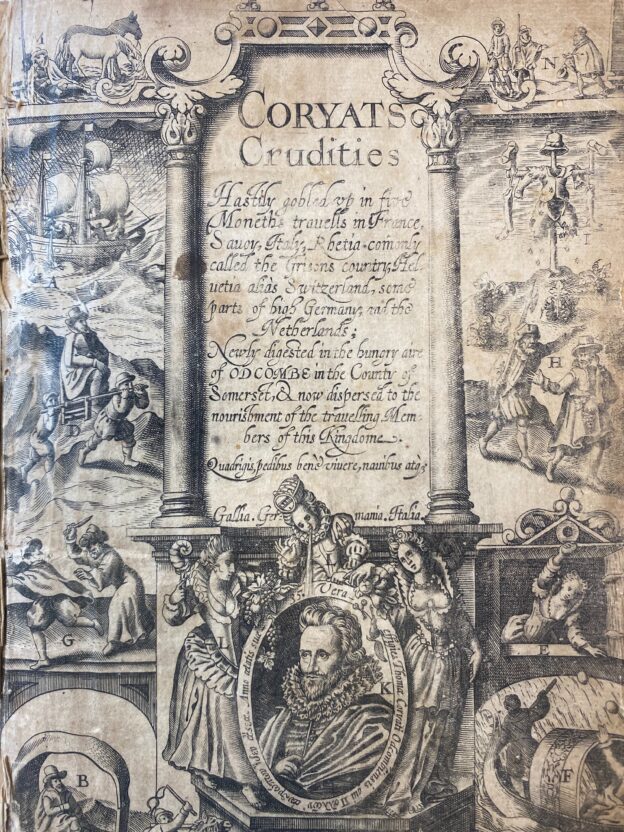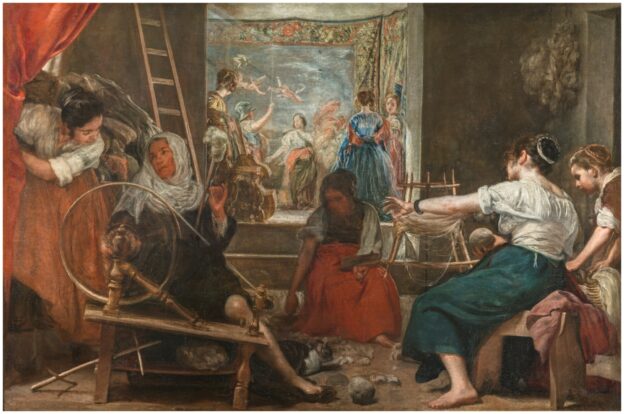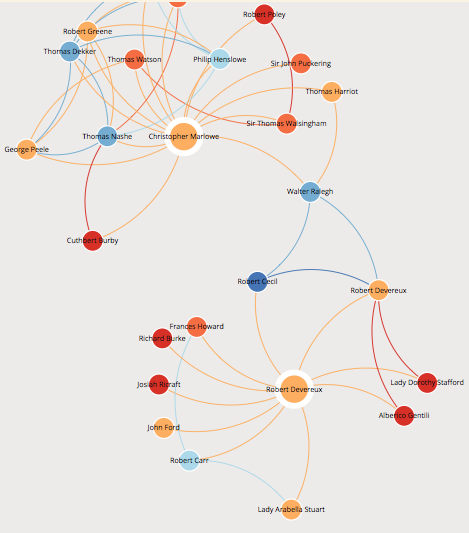In Debt: The First 5,000 Years, David Graeber observes that people usually want to distinguish sharply between their fellow human beings and other animals or objects. Therefore, most societies treat money in either of two ways.
Some societies use money for ordinary commodities and abhor using it to buy people. They prohibit not only slavery but also the use of dowries and ransoms and the purchasing of sex, offices and titles, children, and body parts.
Other societies use money only for people. Individuals pay ransoms and dowries, purchase slaves, and make monetary gifts, which often accompany a change of status, such as a promise to submit to someone’s authority. However, in these societies, people are careful never to use money for commodities, which drastically limits the significance of slavery. They also avoid exchanging people for money by making heavy use of asymmetrical gifts and carefully distinguishing gifts from barter.
Evil results when the two systems combine, because then it becomes profitable to sell human beings. This is generally a consequence of violent external power, such as European colonialism after 1450.
Shakespeare’s Cymbeline (ca. 1611) seems pervasively concerned with anxiety about money turning people into objects.
In Scene 1, we learn what is now called the “back story” by overhearing an expository dialogue between two gentlemen. Apparently, the king has been very generous to an orphan, Postumus. The king’s gifts should have put Postumus in his power, but the young man has instead taken Imogen, the royal daughter, as his lover. As a consequence, he will be banished–excluded from the society. The First Gentleman uses a market metaphor to assess Postumus’ high worth as an individual. Imogen has sacrificed her status to be Postumus’ lover, and
her own price
Proclaims how she esteem'd him and his virtue;
By her election may be truly read
What kind of man he is.
Before he leaves the court, Postumus and Imogen exchange a ring and a bracelet as a kind of informal marriage ceremony (albeit without a dowry or bride-price). First, Imogen simply gives Postumus an object that she suggests is incalculably valuable: not exchangeable for any other good.
Look here, love;
This diamond was my mother's: take it, heart;
But keep it till you woo another wife,
When Imogen is dead.
Here she also grants Postumus the freedom to marry another woman in the event of her own death. Postumus responds by giving Imogen a bracelet, which he minimizes as a “trifle” but imagines as the price of making her his prisoner. This exchange turns the bracelet into the equivalent of her diamond, and of herself.
As I my poor self did exchange for you,
To your so infinite loss, so in our trifles
I still win of you: for my sake wear this;
It is a manacle of love; I'll place it
Upon this fairest prisoner.
Gallantly, he assess his own worth as infinitely less than Imogen’s, yet he implies that the exchange has made them equals.
The exiled Postumus then takes refuge in the house of Philario, whom Postumus’ father had more than once saved in battle. In Debt, Graeber explores the widespread idea that saving someone’s life obliges you to care for that person, since you’re responsible for the fact that he’s alive. Graeber suggests a different explanation: people who save or spare others are typically powerful and are expected to make the ones whom they spare into their dependents. The gift symbolizes their authority. For instance, late in this play, Cymbeline pardons his own daughter, believing her to be a boy named Fidele, and follows this life-saving act by promising another gift:
To say 'live, boy:' ne'er thank thy master; live:
And ask of Cymbeline what boon thou wilt,
Fitting my bounty and thy state, I'll give it.
Postumus’ own final action in the play is to spare a condemned enemy voluntarily. But his status in Philario’s household is ambiguous. He’s the son-in-law of a king and also an exile; he needs Philario as much as Philario needed his father. It’s not clear who is being generous to whom.
In Philario’s household, Postumus meets an Italian, Iachimo, who is obsessed with market logic. (Italy was then the center of banking and international commerce). Iachimo assesses Postumus’ worth by considering the “catalogue of his endowment” and “perus[ing] him by items”–like a customer in a store. He doubts the “words” said about Postumus (his reputation), because this man has voluntarily exchanged his privileges as a courtier for a woman: “This matter of marrying his king’s daughter, wherein he must be weighed rather by her value than his own, words him, I doubt not, a great deal from the matter.”
Postumus has bragged that his mistress (note the possessive; and he never uses her name in this scene) is “more fair, virtuous, wise, chaste, constant-qualified and less attemptable than any the rarest of [the] ladies in France.” Here Postumus suggests a rank-ordering of women, such that the value of each one can be mathematically assessed. Iachimo appreciates that “kind of hand-in-hand / comparison” but claims that all British women are less valuable than all Italians.
Postumus insists that he “rates” Imogen as he does his diamond, which is “more than the world enjoys.” Iachimo quips, “Either your unparagoned mistress is dead, or she’s outprized by a trifle.” Postumus replies by differentiating commodities from gifts: “You are mistaken: the one may be sold, or given, if there were wealth enough for the purchase, or merit for the gift: the other is not a thing for sale, and only the gift of the gods.” (Gods do not employ transactional exchanges, because they need nothing.) Iachimo retorts that a ring could be stolen, and then it would certainly be sold for a specific sum. Whether Postumus admits it or not, the diamond has finite value. Therefore, so does Imogen.
The two men begin to discuss a wager, which is the central plot element of the play. Iachimo wants to bet his estate against Postumus’ ring that he can seduce Imogen. He claims that this offer is generous because his estate is worth somewhat more than the diamond, and then he quantifies his offer by betting precisely ten thousand ducats against the ring. Postumus won’t agree, because he is reluctant to set a market price on his gift from Imogen, and hence on her. He offers to bet gold against Iachimo’s gold but will not stake his ring, which “I hold dear as my finger; ’tis part of it.” (The human body is not to be marketed). Iachimo scoffs: “You are afraid, and therein the wiser. If you buy ladies’ flesh at a million a dram, you cannot preserve it from tainting: but I see you have some religion in you, that you fear” losing.
Not wanting to appear reluctant to test Imogen’s virtue, Postumus suggests an alternative to a crude, monetary exchange. “I shall but lend my diamond till your return.” (Giving, receiving, and returning gifts are the foundations of a gift economy, according to Marcel Mauss.) Slipping back into a quantitative comparison–or perhaps mocking that logic–Postumus adds, “my mistress exceeds in goodness the hugeness of your unworthy thinking: I dare you to this match: here’s my ring.” Iachimo agrees:
If I bring you no sufficient testimony that I have enjoyed the dearest bodily part of your mistress, my ten thousand ducats are yours; so is your diamond too: if I come off, and leave her in such honour as you have trust in, she your jewel, this your jewel, and my gold are yours.
Iachimo has set a price of ten thousand ducats on Imogen, on her “dearest” organ, and on the diamond. This logic marks him as the play’s villain, yet Shakespeare grants him effective arguments. Postumus wants to avoid measuring Imogen’s worth (let alone her genitals) in ducats, but his openness to market logic makes him an easy mark for Iachimo. Later, he repents, in a speech that comes once he is manacled as a prisoner of war and believes that Imogen is dead:
.... Must I repent?
I cannot do it better than in gyves [fetters],
Desired more than constrain'd: to satisfy,
If of my freedom 'tis the main part, take
No stricter render of me than my all.
I know you [gods] are more clement than vile men,
Who of their broken debtors take a third,
A sixth, a tenth, letting them thrive again
On their abatement: that's not my desire:
For Imogen's dear life take mine; and though
'Tis not so dear, yet 'tis a life; you coin'd it:
'Tween man and man they weigh not every stamp;
Though light, take pieces for the figure's sake:
You rather mine, being yours: and so, great powers,
If you will take this audit, take this life,
And cancel these cold bonds. O Imogen!
I'll speak to thee in silence.
Here, Postumus combines tropes of debt, coinage and monetary assessment (“take this audit, take this life”), and the exchange of his life for Imogen’s. He counters his own earlier talk of bonds, bets, and market value and demonstrates that he has learned a moral lesson.
As with many happy endings in Shakespeare, the improbable finale of Cymbeline supplies the right answer, yet the problem that drove the plot lingers. Iachimo is defeated but not actually rebutted. Only a preposterous series of coincidences has made things turn out well. The playwright understands how the world really works in 1611, even if he doesn’t like it.
See also a darker As You Like It; why romantic relationships do not function like markets Seamus Heaney’s Beowulf (on the gift economy in that poem); when chivalry died; and defining capitalism. I found insightful Katherine Gillen’s “Chaste Treasure: Protestant Chastity and the Creation of a National Economic Sphere in The Rape of Lucrece and Cymbeline.”




